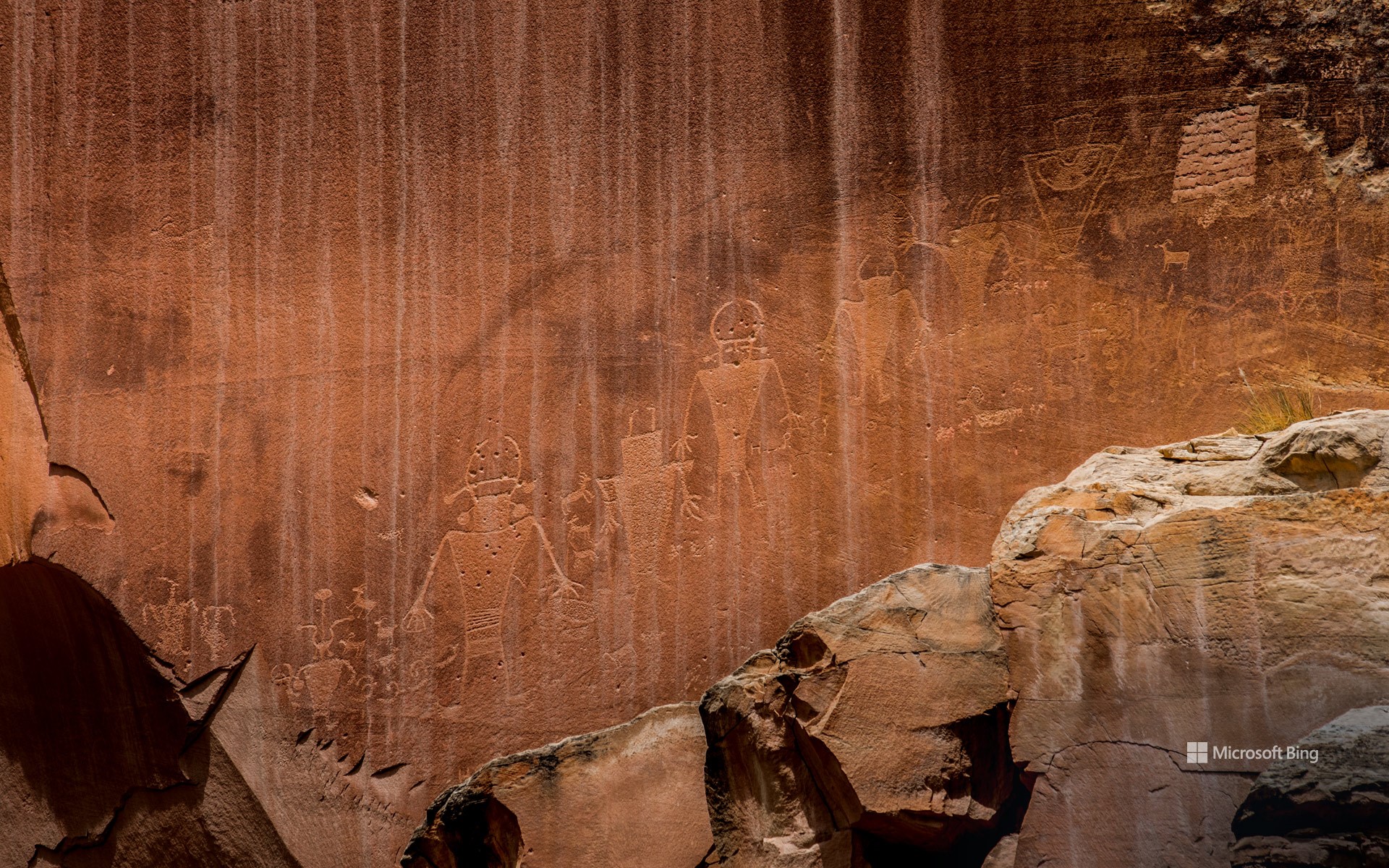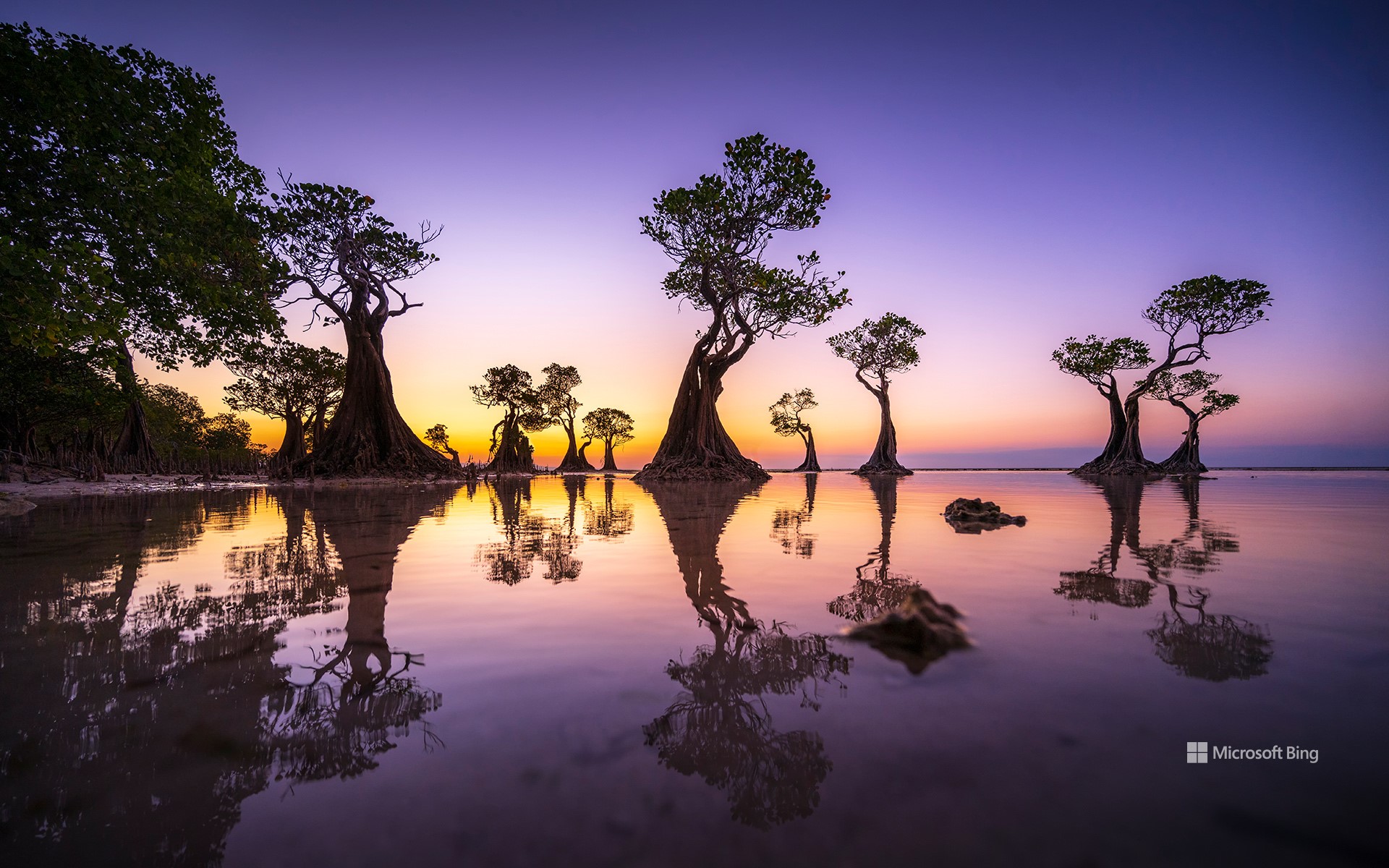陶波湖上的 Ngātoroirangi 矿湾毛利石刻, 新西兰 Ngātoroirangi Mine Bay Māori Rock Carvings on Lake Taupō, New Zealand (© Joppi/Getty Images)
陶波湖上的 Ngātoroirangi 矿湾毛利石刻, 新西兰 Ngātoroirangi Mine Bay Māori Rock Carvings on Lake Taupō, New Zealand (© Joppi/Getty Images)
致敬原住民之声 Honoring Indigenous voices
世界土著人民国际日
每年8月9日,联合国都会庆祝“世界土著人民国际日”,这一日是纪念原住民社区坚韧精神、智慧和丰富文化的时刻。在美国,这一天也成为反思美洲原住民部落历史与贡献的契机,同时鼓励人们与全球各地的土著人民携手共进。
在遥远的太平洋彼岸,新西兰展现了原住民遗产的震撼实例。位于陶波湖的悬崖之上,矗立着恩加托罗伊朗伊矿湾的毛利岩石雕刻,这是一份对毛利祖先的深情致敬。这些石刻由艺术家马塔希·瓦卡塔卡-布赖特韦尔亲手雕刻,仅能乘船前往,象征着敬意与坚韧不拔。它们提醒着我们:原住民文化并非静止的历史遗迹,而是充满生命力、不断演进、并与土地紧密相连的文化传承。
在我们纪念这一天的同时,让我们承诺去倾听、学习,并支持本国及世界各地原住民的权利。无论是通过教育、倡导,还是文化交流,每一项行动都有助于守护那些长期以来守护地球的声音。
International Day of the World's Indigenous Peoples
Each year on August 9, the United Nations observes the International Day of the World's Indigenous Peoples—a moment to recognize the resilience, wisdom, and cultural richness of Indigenous communities around the globe. In the US, this day invites reflection on the histories and contributions of Native American nations, while also encouraging solidarity with Indigenous peoples worldwide.
One striking example of Indigenous heritage is found across the Pacific in New Zealand. Carved into the cliffs of Lake Taupō, the Ngātoroirangi Mine Bay Māori Rock Carvings stand as a powerful tribute to Māori ancestors. Created by artist Matahi Whakataka-Brightwell, these towering figures are accessible only by water, symbolizing both reverence and resilience. They remind us that Indigenous cultures are not relics of the past—they are living, evolving, and deeply connected to the land.
As we honor this day, let's commit to listening, learning, and supporting Indigenous rights—both at home and abroad. Whether through education, advocacy, or cultural exchange, every action helps preserve the voices that have long protected our planet.
